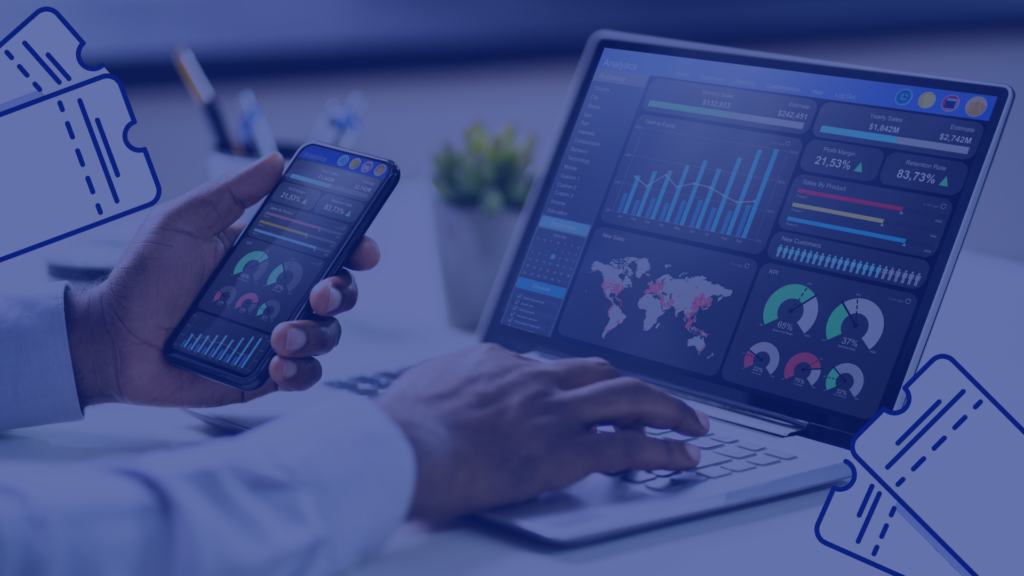Live events offer more than just entertainment—they’re powerful business tools. Whether you’re hosting key clients at the U.S. Open or treating your team to a sold-out concert, every ticketed experience generates valuable data. But are you leveraging it effectively?
This article explores how corporate teams can turn post-event data into smarter ticket strategies—maximizing ROI, targeting the right guests, and making future campaigns more impactful.
1. Start with the Right Metrics
The key to post-event optimization is knowing what to measure. Focus on three core areas:
- Attendance: Who showed up, and who didn’t? No-shows can highlight over-invitation, poor timing, or targeting misalignment.
- Engagement: Did guests interact with your brand or hosts? Metrics might include social media shares, app usage, feedback forms, or participation in activities.
- Satisfaction: Use surveys or direct follow-up to assess guest experience. What did they enjoy? What could be better?
Combining these elements offers a full picture—not just of what happened, but why it mattered.
2. Understanding and Tracking Ticket Usage
Understanding how your tickets are being used is essential for making informed decisions. Tracking key metrics, such as usage rates and engagement levels, allows businesses to adjust their ticketing strategy in real-time to optimize performance.
Ticket Booth provides:
- Real-time analytics on ticket utilization
- Customizable reports to assess ROI
- Tools to compare planned vs. actual ticket usage for strategic adjustments
Having this data at your fingertips allows for agile decision-making and ensures that season tickets remain a valuable asset to your organization.
3. Segment Your Guest Data
Post-event data becomes exponentially more powerful when you segment it. Break down your audience by:
- Industry or client tier
- Location and travel behavior
- Ticket usage (e.g., invitee vs. actual attendee)
- Engagement levels
These insights help you build detailed guest profiles, so future invites target those most likely to attend, engage, and drive value.
4. Refine Future Ticket Allocation
Too often, tickets go unused or under-leverage key opportunities. With post-event data in hand, you can:
- Reallocate premium inventory to your most engaged or strategic clients
- Identify which types of events yield the best business outcomes (sports vs. music, local vs. national)
- Align ticket quantity with actual attendance behavior
This ensures you’re not just giving out tickets—but using them with purpose.
5. Improve ROI and Justify Spend
Executives want results. With robust post-event reporting, you can:
- Quantify outcomes (e.g., client meetings scheduled, new deals opened, internal morale scores)
- Showcase the value of ticket activations as a strategic investment, not a sunk cost
- Justify future budgets by pointing to clear, data-backed returns
Ticketnology’s Ticket Fund and consignment models help you double down on what works—without risking capital upfront.
Great ticketing strategy doesn’t end when the lights go down—it starts there. By analyzing post-event data, corporate teams can make smarter decisions, engage the right guests, and build stronger outcomes with every ticket.
At Ticketnology, we don’t just help you get the tickets. We help you make them count.
Need help turning your ticket data into actionable insights? Contact us or learn more about how Ticket Booth simplifies the process.


